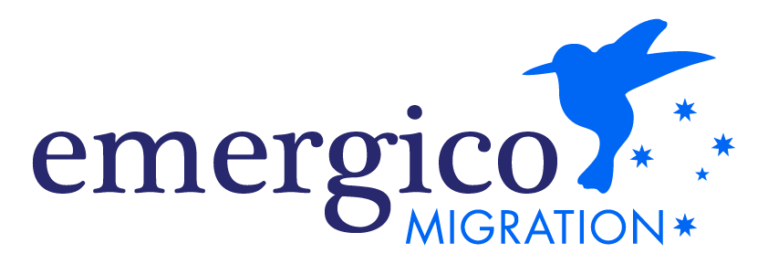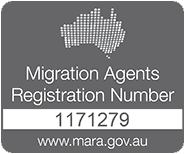A very welcome change in Migration Health Policy has seen the threshold for significant costs INCREASE recently from $40,000 to $49,000.
Further, the Department will no longer require applicant’s medical costs to be assessed across their projected lifetime. The maximum assessable period will now be 10 years.
This is fantastic news! To explain it properly, and identify how this is good for visa applicants, first let’s refresh how the Health Criteria is applied in the context of an Australian Visa.
How does the Visa Health Criteria work?
Everyone who comes to Australia, for any reason, has to meet basic health criteria.
- You must not carry a communicable disease which is a threat to public health – including Tuberculosis.
- Secondly, you must not have a condition requiring treatment and/or medication which will incur significant costs;
- Thirdly, you must not have a condition which would prejudice access to healthcare by an Australian – for example, the need for an organ transplant.
This is determined in context of the type of visa and country of passport.
- For short stay visas, such as visitor visas, and where the person comes from a low risk country, usually only a health declaration is required on the application form.
- People from higher risk countries may be required to undergo a medical and x-ray for even a short term visa.
- People coming to Australia on a longer term or permanent visa, will always need to undertake medicals and x-rays.
Two possible Health Public Interest Criteria (PIC’s) – PIC 4005 – Non-Waivable Health; or PIC 4007 – Waivable Health – are applied to visa regulations.
When the visa application is assessed, the costs associated with any identified medical condition would include not only treatment and pharmaceutical costs, but also entitlement to any social security benefit (such as disability pension), supported accommodation, special education, home and community care. (This is why people with children with autism may encounter problems).
Estimated Costs
The estimated costs are then evaluated across the lifespan of any visa that might be granted (if temporary) or, for a permanent visa:
- If an applicant is under 75 years, costs would be assessed over a 5 year period;
- If the applicant is 75 or older, costs would be assessed over a 3 year period;
- If it is a lifetime condition or not reasonably expected to resolve, costs would be assessed to a maximum of 10 years;
- If the life expectancy is less than 10 years, costs would be assessed over whatever period is determined, up to 10 years.
Should you, or someone on your visa, fail the Health Criteria, and the visa has a “Non-Waivable Health” condition (PIC 4005), you may be invited to provide further information, but the visa will be decided based on whether the costs exceed the significant costs threshold.
If you fail, and your visa has PIC 4007, you might be able to still get the visa granted if you are granted a health waiver.
What does the Revised Health Criteria Policy mean for a visa applicant?
This is a very significant policy change (the likes of which we have not seen for many years) and will potentially open opportunities for many people who would have otherwise failed a visa on health criteria. It relaxes a long held threshold which was deemed unrealistic by many, in the face of rising healthcare costs. Further, setting a maximum time frame for lifetime costs assessment will mean many people who would have otherwise been refused, could now have their visa granted!
This could benefit an applicant with a condition which may require lifetime care, but at a fairly low cost. Here’s a couple of examples.
# 1 – You have a lifetime condition which would cost $1000 a year for medication and treatment; and you are 35 years old. Under the old rules, you might fail the health criteria as your normal life expectancy would be more than 40 years – taking the costs threshold above $40,000. Under the new rules, the maximum term of assessment is 10 years – meaning your costs would be assessed as $10,000 and you’d meet the health criteria.
#2 – Your health costs are assessed as requiring one-off treatment totalling more than $40,000, but less than $49,000. While you would previously have had a refusal, or been invited for a waiver, you could now meet the health criteria.
Have you had a recent Visa Refusal on health grounds?
Even better news – it could mean that, if you are able to lodge an appeal against the refusal, you might be able to win that appeal, if you can prove the costs now fall within the new threshold. For this to work, you must still be within the applicable appeal period, or have already lodged an appeal which has not been decided.
You should contact us for specialist advice if you think you fall within this category.





